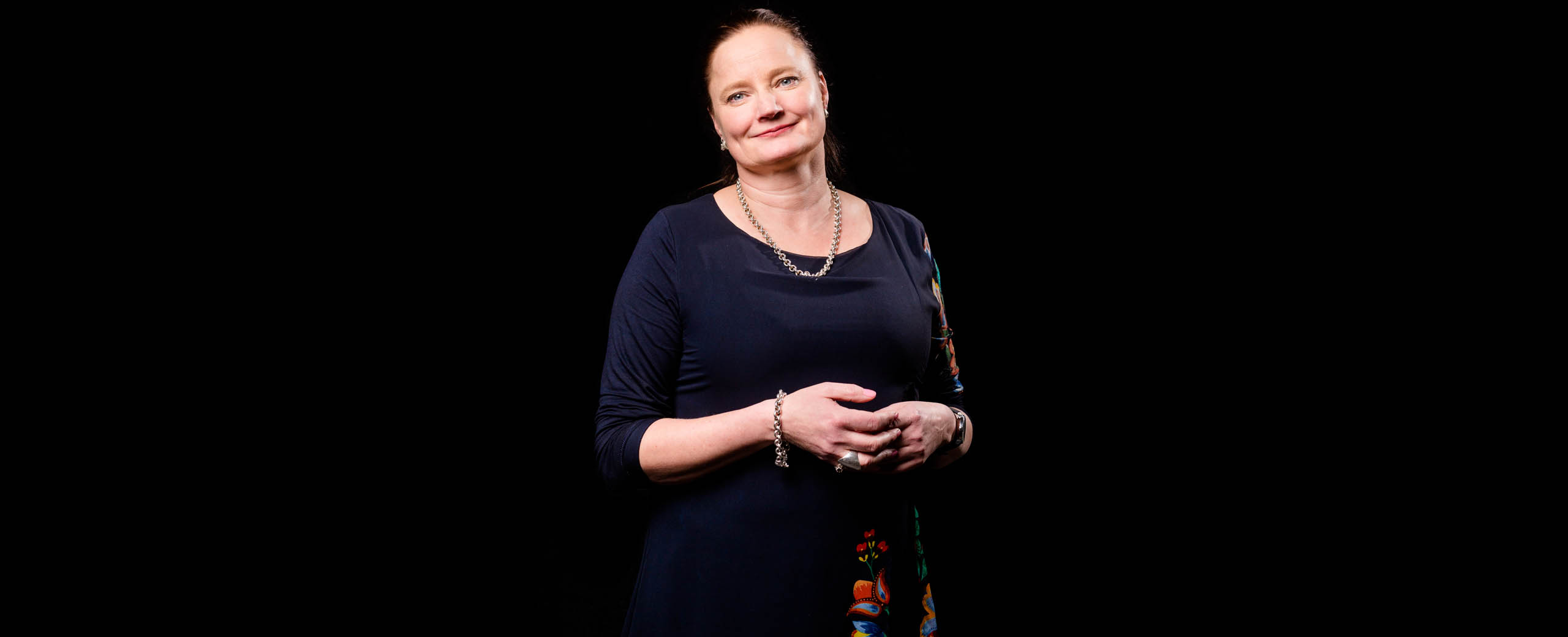This spring in Finland, amid the coronavirus crisis, we experienced a digital advance in just eight weeks that might normally take five years to achieve. The advance continues, and can be seen in the management of the coronavirus pandemic. A few days ago the Finnish institute for health and welfare published the Koronavilkku smartphone app for breaking infection chains. In only a few days, as many as one fourth of the Finnish population have downloaded the app.
In a highly digital country, this is amazing development and many attitude-based obstacles on the path to digitisation were quickly removed out of sheer necessity. Studies indicate that, as a rule, well-being at work also improved among specialists. Even if ergonomics at home might be poorer than at the office, this was compensated for by easy access to nature and time saved by not having to commute.
Although often nothing can replace face-to-face interaction, new human traits were revealed in many of us, making us more approachable online. A dog barking in the background, a child proudly showing their drawing, a European Commission official finding some peace and quiet from other family members in the bathroom – these are small memories from the endless stream of virtual meetings earlier this year. Not to mention one half-naked specialist who forgot to turn the camera off when opening the Zoom connection.
Building blocks for joint European well-being
In its new policy guidelines, the European Commission described how, in the next five years, it will focus on three main pillars that will ensure a digital transformation that respects European values and is based on people’s core beliefs:
- Technology that works for the people
- A fair and competitive digital economy
- An open, democratic and sustainable society
Major events like the HIMSS European Health Conference have been forced to renew and transform their concept into a digital one. At Sitra, it has been a pleasure to see how the HIMSS & Health 2.0 European Digital Event is being organised and to contribute to its programme content. We want to challenge everyone to create a better digital future according to people’s needs and expectations. We are, for example, hosting an interactive web TV show, Good Morning from Finland!, as a general session during the HIMSS & Health 2.0 Digital web conference . The show is perfectly suitable for Finland, a highly digital country with a high level of trust.
Data helps ensure personalised healthcare
Digitisation helps us overcome physical obstacles when ensuring future well-being. Well-being does not only refer to the treatment of illnesses but to having empowered individuals and services tailored to their needs.
One of the keys to maintaining a healthcare service network in a sparsely populated country is remote consultation. However, this requires new operating models and closer co-operation between doctors and nurses. It also facilitates the provision of services in everyone’s native language when one doctor can serve a large group of patients remotely. The sharing of data between countries also makes people’s everyday life easier. Since last year, it has been possible to use a Finnish e-prescription to purchase medicines in Estonia and Croatia. In the summer, Estonia became the first country whose citizens can purchase medicines in Finland with an electronic prescription issued in their own country. European e-prescriptions will become more widely used in stages.
We need to change the way in which the healthcare system operates and allocate resources to preventive action.
This requires a new social contract, in which keeping people healthy, instead of treating illnesses, is rewarded. We need individual-driven data collection models and new business models. These are being built by Sitra’s IHAN business programme. The programme creates new services in which data is shared transparently with the partner network in ecosystems.
The opportunities for people to benefit from their data must be improved
Diverse data enables the provision of better products and services that make everyday life easier and improve people’s well-being. In the creation of such services, the public sector must set an example.
Data possessed by authorities alone is not enough: the prevention of a pandemic also needs data created by individuals themselves. The collection and use of this data require solid trust and clear rules that respect people’s fundamental rights. Authorities, professionals and citizens are now more equal partners in the prevention of major crises.
I claimed that during the coronavirus spring, a new sense of community emerged between specialists across regional boundaries. Could this also be the key to building more human-driven digital services? “Technology that works for the people” is a grand requirement and perhaps we digitisation professionals now have an excellent opportunity to shape the solutions in a way that ensures trust in the future.

















Recommended
Have some more.